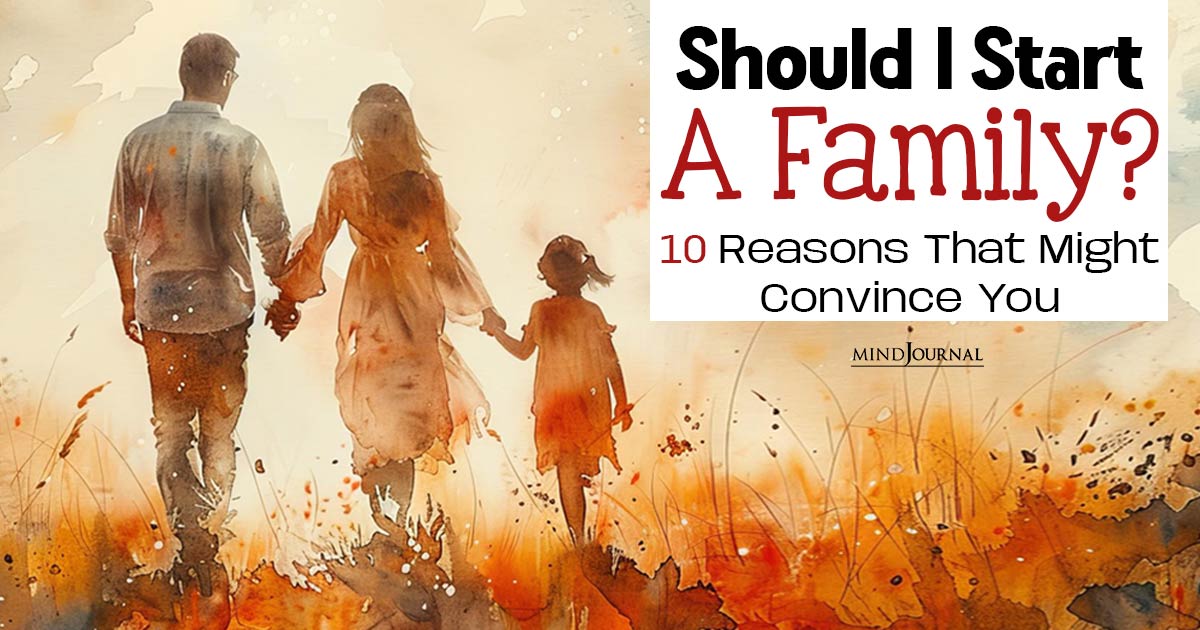Stop trying to fix your partner’s feelings, instead cultivate empathy.
One of our deepest needs as humans is to feel understood, and true understanding is not possible without empathy.
As psychologist Carl Rogers put it,
“When someone really hears you without passing judgment on you, without trying to take responsibility for you, without trying to mold you, it feels damn good!”
Think back to a time when you were listened to and really felt heard. How did it feel to be seen as you were?
The last letter in Dr. Gottman’s ATTUNE model is E and it stands for Empathy. Brené Brown describes empathy beautifully in this brief animated video.
Empathy is the willingness to feel with your partner. To understand their inner world.
This critical skill is part of Dr. Gottman’s State of the Union Meeting and is key to reaching a resolution in conflict conversations.
During conflict is also when empathy is most difficult. To empathize with your partner when their hurt feelings are a result of something you said or did without defending yourself requires skill and practice.
Couples that have mastered empathy tell me “it’s like a light switch has been turned on in their relationship” and their cycles of conflict drastically change.
This is because partners stop defending their positions and instead seek to understand each other. They become a team against the conflict.
Stop trying to fix your partner
Empathy is easy when our partner is happy. It’s more difficult to empathize when our partner is hurting, angry, or sad.
As Marshall Rosenberg says in Nonviolent Communication,
“It may be difficult to empathize with those who are closest to us.”
Since we care about them, we try to help minimize their feelings because we know that they are difficult, but sympathizing can be damaging despite positive intentions.
Empathy is putting you in the shoes of the person you love. Sympathy is feeling compassion, sorrow, or pity without experiencing their feelings with them.
Brené Brown’s description of sympathy as trying to paint a silver-lining around pain is a very common response.
- “Well, it could be worse…”
- “I think you should…”
- “This could turn into a positive experience for you if you just…”
The problem with this kind of response is that it invalidates the other person. I know when others have tried to “fix” my feelings, I’ve ended up resenting them because it made me feel foolish for feeling that way in the first place.
As the listener in the State of the Union meeting, empathizing will be difficult.
Read How to Repair the Little Things So They Don’t Become Big Things
Below are four skills to improve your ability and willingness to empathize.
1. Listen without judgment.
Empathy is only possible when you have removed all preconceived ideas and judgments about your partner’s feelings and needs.
When you assume responsibility for your partner’s feelings or take messages personally, you’re blaming and judging. The judgment of your partner’s experience is an attempt to protect yourself.
To empathize with your partner at a level that creates healing and brings you closer demands your full focus on your partner’s message. To do this, practice the art of non-defensive listening and focus on being curious about your partner’s feelings.
“Empathy lies in our ability to be [fully] present.” – Marshall Rosenberg
Read Help Your Partner Understand Your Side of the Conflict in 3 Steps
2. Look for feelings.
It’s easy to get swept away in the facts of what happened during the heat of a conflict discussion. This is where couples get stuck.
They argue over who is “right,” and yet both views are valid. Being “rational” about the facts inhibits empathy because it invalidates emotions.
This is why Dr. Gottman suggests concentrating on what your partner is feeling. Listen to what they need.
Read 5 Things to Do (And to Not Do) When Your Partner is Feeling Depressed
3. Climb into the hole.
When you listen to your partner’s feelings with your whole being, it becomes a lot easier to understand their perspective.
I related to the visual Brené Brown paints of a hurt partner being down in a dark hole, because I know when I am feeling sad or upset, I feel like I’m alone in a pit of pain.
What I really crave in these moments is not for someone to throw a rope down, but for someone to climb into the hole with me. To feel what I feel.
Dr. Gottman refers to empathy as a mind meld. To attune to your partner requires the ability to experience their feelings on such a level that you almost become your partner. Empathy is so deeply connecting that it’s physical.
This is why Brené Brown says empathy is vulnerable. To attune to your partner’s difficult feelings requires you to connect with that feeling within yourself.
If you’re having trouble climbing into the hole with your partner, start by being curious about what they’re feeling. Ask questions to help you understand why they are feeling that way. This will make it easier for you to empathize with their experience.
4. Summarize and validate.
During your State of the Union Meeting, you’ll get a chance to summarize what you heard. When doing this, express that you respect your partner’s perspectives and feelings as natural and valid, even if they’re different from your own.
Instead of saying, “You want me to be at home more during the week because if I’m not, it makes you feel like I don’t value you” you can say, “It makes sense to me that you want me home more nights of the week.” Other empathizing statements include “Of course you feel…” and “How could you not feel…”
Validating your partner’s perspective doesn’t require you to abandon your own. Empathizing shows that you understand why they have those feelings and needs.
Dr. Gottman explains that “validation is such a fundamental component of attunement that summarizing without it is like having sex without love.”
Behind every complaint is a deep personal longing. When you realize this, it becomes a lot easier to make the choice to be empathetic instead of taking your partner’s complaint personally and defending yourself.
Empathy takes practice. When couples are first learning these skills, I like to start with the Stress-Reducing Conversation because it’s about issues outside of the relationship, making it easier to practice the skill of empathy.
It’s also worth noting that we have to receive empathy to feel empathy. By receiving empathy, not only do we feel how amazing it is to be understood, we also learn about the courage it takes to be vulnerable.
Instead of trying to change or fix the feelings of the person you love, focus on connecting with them. As Brené Brown puts it, “rarely can a response make something better. What makes something better is a connection.”
Read 4 Steps To Fix A Broken Relationship And Make It Last A Lifetime
Next week we will show you part one of the State of the Union Meeting with real life examples.
By Kyle Benson









Leave a Reply